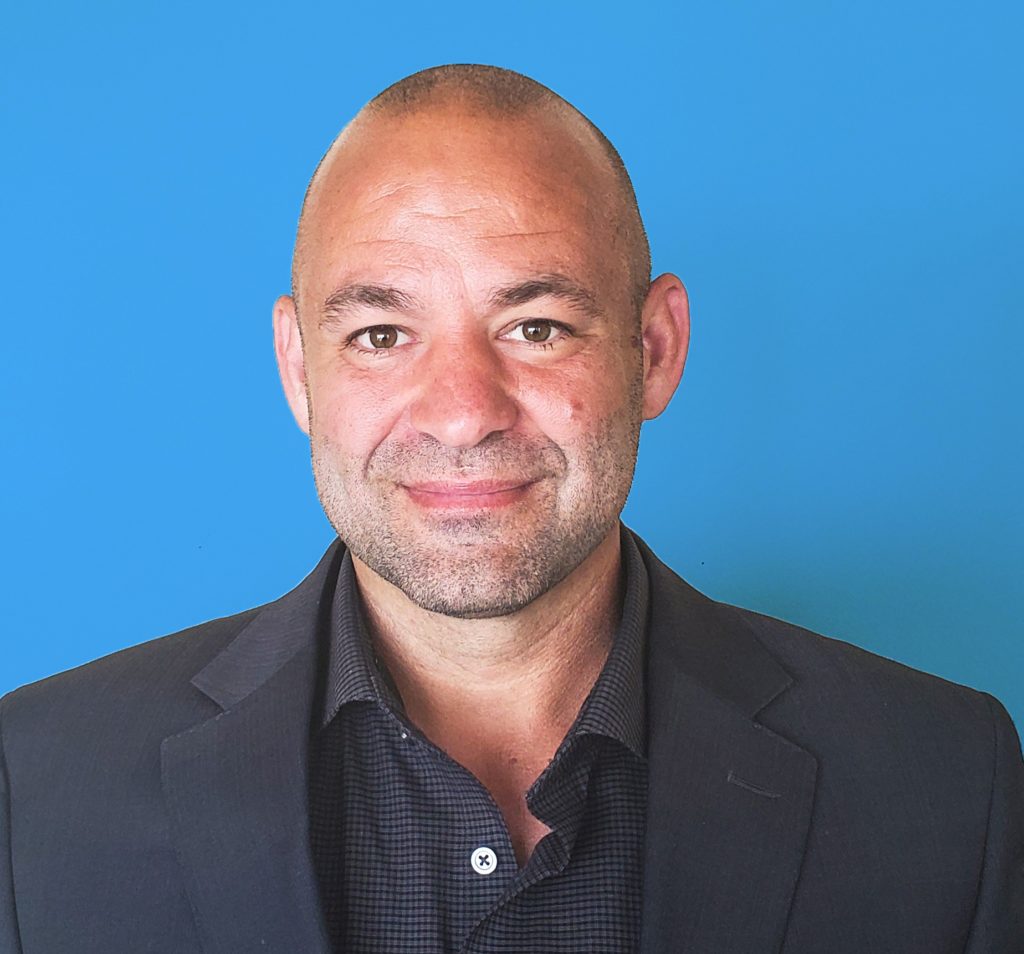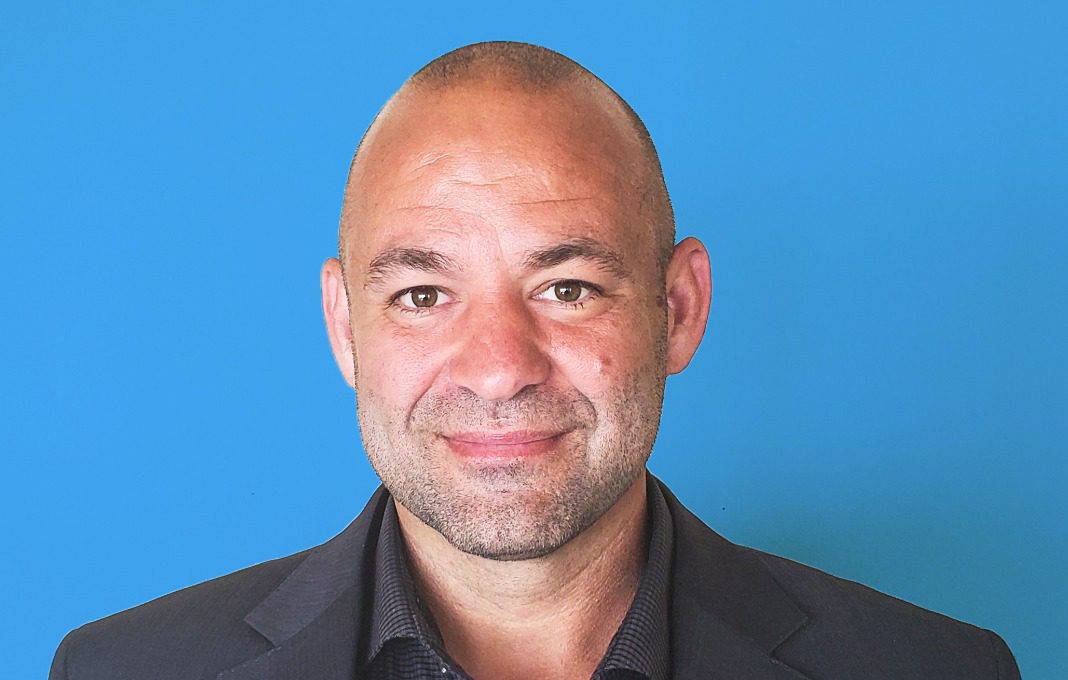 It’s hard enough to serve in one role during a pandemic and recession, let alone juggling two. But Michael Woolard, CFO and COO of Koia, a high-growth company based in Los Angeles that produces and sells high protein, low sugar, plant-based beverages, juggles two, says there are some significant advantages to the dual role.
It’s hard enough to serve in one role during a pandemic and recession, let alone juggling two. But Michael Woolard, CFO and COO of Koia, a high-growth company based in Los Angeles that produces and sells high protein, low sugar, plant-based beverages, juggles two, says there are some significant advantages to the dual role.
What are some of the benefits to holding both the CFO and COO positions?
The primary benefit comes from having fewer executives. With fewer executives, it is easier to establish culture, align on strategy and prioritize actions across departments.
It is important to know where Koia is today. Koia has fewer than 35 employees, and dual roles are very common for companies with $200 million and less in revenues. In three years, our revenue increased 600%, and we have expanded our distribution from 3,000 stores to over 10,000 stores and distribution will double again next year.
By holding both positions as the CFO and COO, I limit the noise in the organization by reducing the amount of communication needed to execute. For instance, I can reduce the number of team members needed to be on emails. I can also make sure the question is being asked to the right team member.
In a high growth business, cash is always a discussion. How much do we need to raise and when? Can we stretch a few months to reach a higher valuation? If the cash forecast is off and you have to raise additional capital before you planned, your valuation may be negatively impacted. If you raise too much capital, all the stakeholders are unnecessarily diluted.
While marketing and sales expenditures can be managed, timing in regard to reducing the cost of goods is more of a forecast. That forecast dramatically impacts cash need. By being both the CFO and COO, I join the discussion with key suppliers and negotiate the key contracts. This gives me first-hand knowledge of the timing of cost reductions.
The other major impact is having intimate knowledge of multiple departments to understand the downstream impacts. For instance, Koia is always innovating as we become the next total beverage solution. The decision to launch a new item is a big decision. As the CFO and COO, I am fully aware of the product development process, the amount of time required to set up new vendors, the timing of production trials, and ultimately, when we can deliver the product to our customers. In addition, I must consider the cash impact and investment required so marketing can properly support the product at launch. Playing multiple roles and limiting the number of executives improves our chance to successfully execute the launch plan.
Sales promotions are another example. When the sales team drives velocities at retail, it impacts the production planning, inventory management, freight schedules on the operation side and invoicing, charge backs and cash flow on the finance side. By playing both roles, Koia can execute and provide better customer service to our partners.
Are there challenges to serving in both roles?
The biggest challenge: I’m more accountable for more activities on the leadership team, which means more time and effort. I can execute fewer projects. For example, I must focus on our top five suppliers versus our top 10 or top 20. Therefore, it is critical to find the best talent who can take ownership within their department.
Prioritizing my time is always a challenge. I have competing initiatives vying for my time. This includes raising capital, overseeing strategic initiatives, negotiating with key suppliers, providing accurate and timely financials for budgeting and planning decisions, and ultimately hitting our sales goals.
Tell me how you approach the decision-making process from a finance perspective, and then from an operational perspective.
From a finance perspective, I am always thinking about value creation, cash flow, capital needs and our margins. From an operations perspective, quality comes first. Quality is followed closely by customer service, which is dependent on production planning and supplier risk mitigation.
Sometimes the roles have competing initiatives. For example, when making inventory management decisions, on the finance side we’re trying to manage cash and margins, but on the ops side, we’re trying to keep enough in stock to provide superior customer service.
The cost of goods sold is an extremely specific example of competing initiatives. On the ops side, we want to take advantage of price discounts by buying in bulk to lower the overall cost, but from the finance side, we need to manage the investment in inventory. Having a strong alignment with the CEO in regard to both short-term and long-term goals, makes these decisions easier by playing both roles.
What advice do you have for finance professionals contemplating taking a dual COO/CFO position?
First and foremost, do it. Your knowledge of the team and business operations will be more intimate. You will contribute more.
Second, focus on setting the culture. While the team is small, make sure you are aligned with the CEO to set a rock-solid foundation on trust, positive intent, and a bias toward action. Then, your new leadership team members will adopt the existing culture and create less waves. By being both a CFO and COO, you have two departments ready to adopt the culture and lead the way for the other departments. For many CPG companies, by default, the company culture is handed to the marketing team. This is a big mistake as they should be focused on the brand speaks to the consumer and not focused on the company culture.
Last, stay involved in sales. As a CFO/COO you are supporting the sales. The closer you are to sales, the better you can support them for all the reasons stated above. In fact, join sales calls with key accounts so you experience the nuances of selling in new products or setting up promotions.








